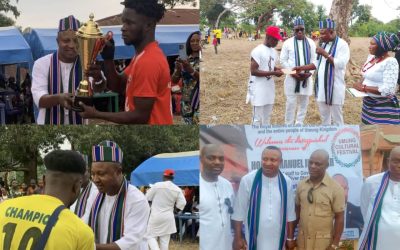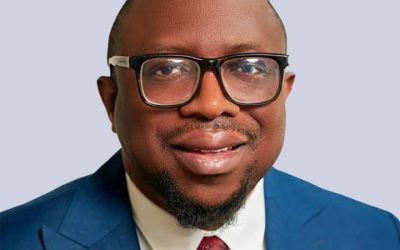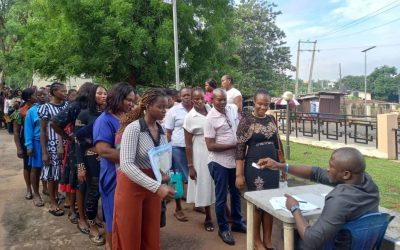
Nigerian scientists await return of melon seeds sent to space
If Earthlings are ever going to colonize Mars, they won’t be able to do so on an empty stomach—and Temidayo Oniosun thinks a helping of Egusi soup, a Nigerian staple, might just hit the spot. Space in Africa, the Lagos-based firm Oniosun founded, is expecting its Egusi melon seeds to splash down in the Pacific…





